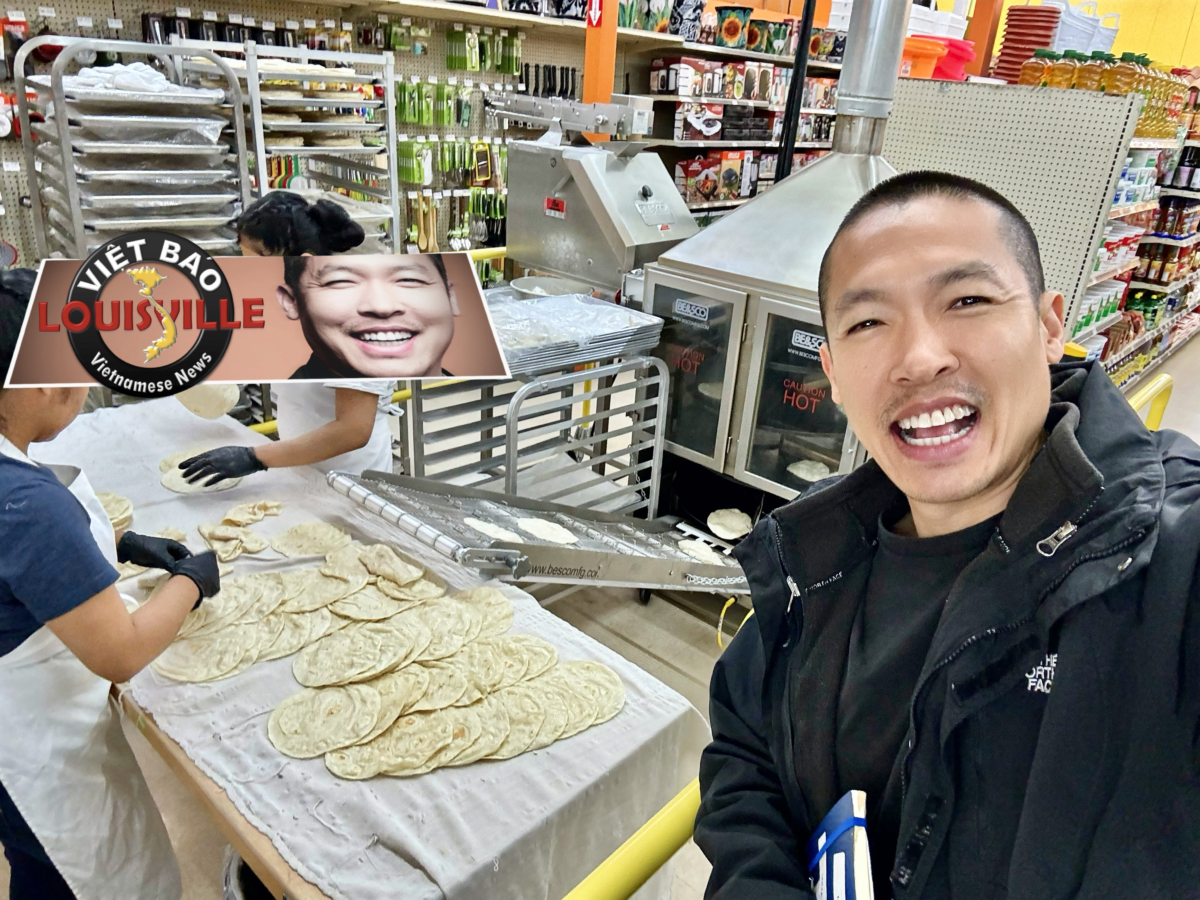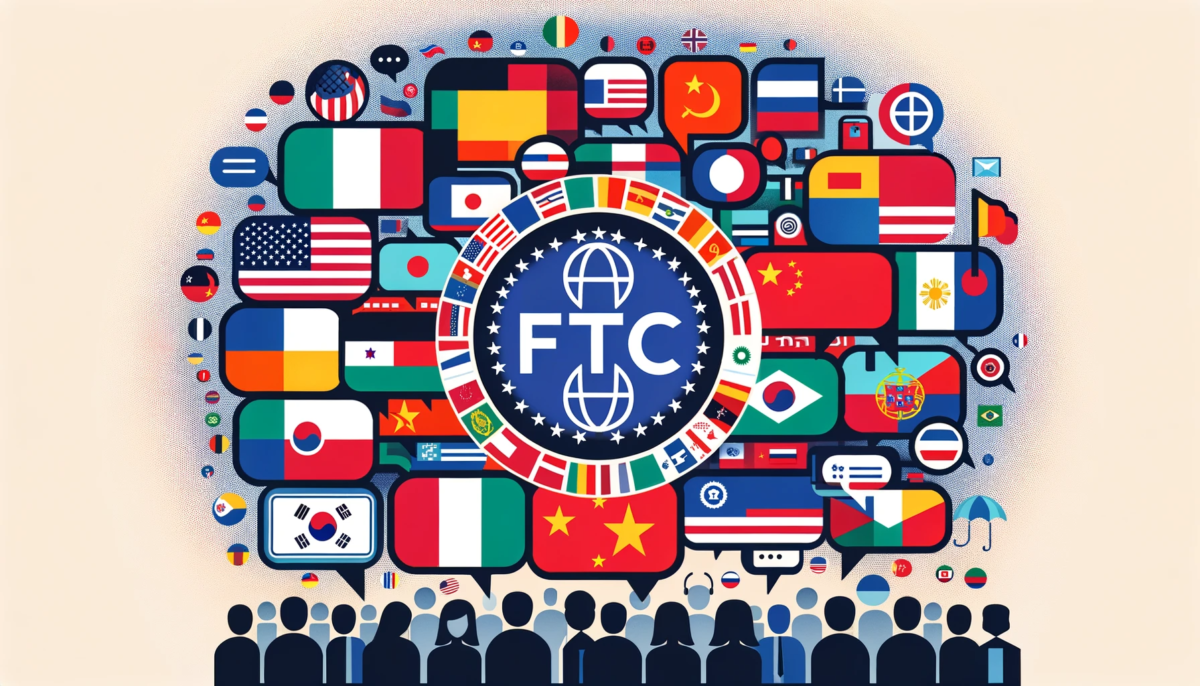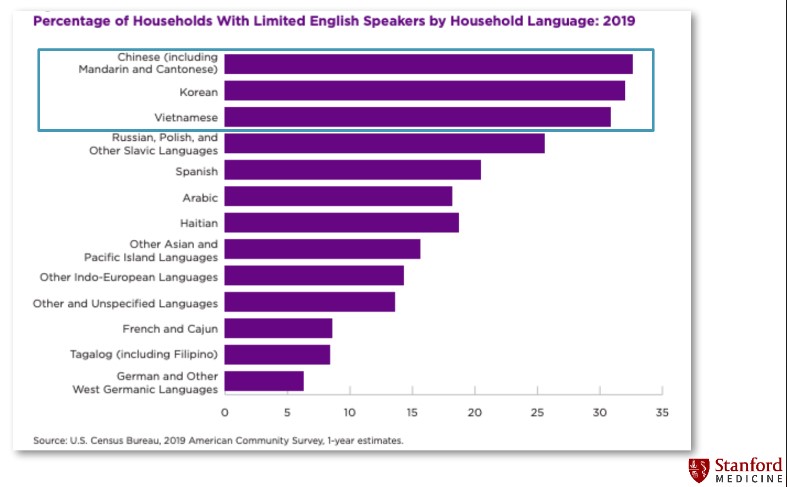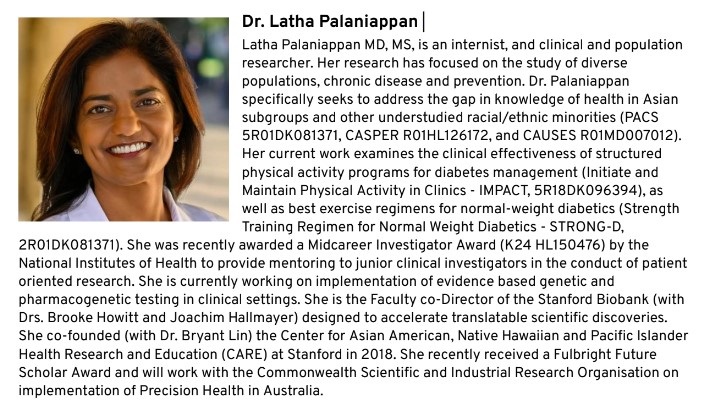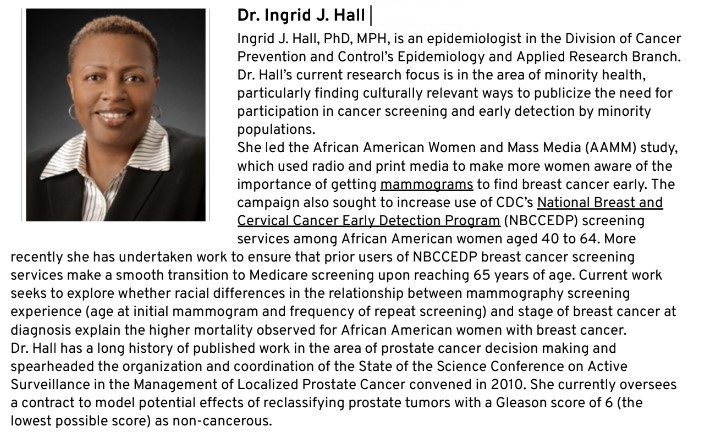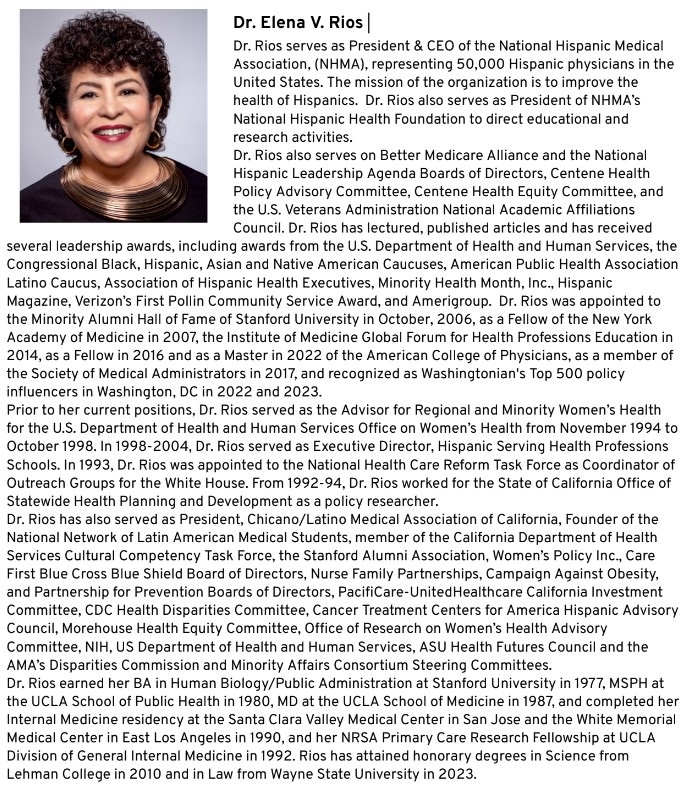In the heart of Louisville, Kentucky, there is a story that weaves together the threads of culture, cuisine, and community—a narrative that belongs to Di Tran, a Vietnamese local with a profound love for Latino food. It is a tale not just of culinary exploration but also of the universal language of smiles, shared across cultures, and the power of food to bring people together.
Di Tran’s journey mirrors that of many immigrants, beginning with a move to the U.S. in 1995 with no English skills, communicating through the international language of gestures and goodwill. Like him, the two female workers at Supermercado Guanajuato #2, with their limited English, convey warmth and welcome through their smiles and broken phrases. In their exchange of origins, “Vietnamese” meets “Guatemala,” and in their smiles, a shared understanding.
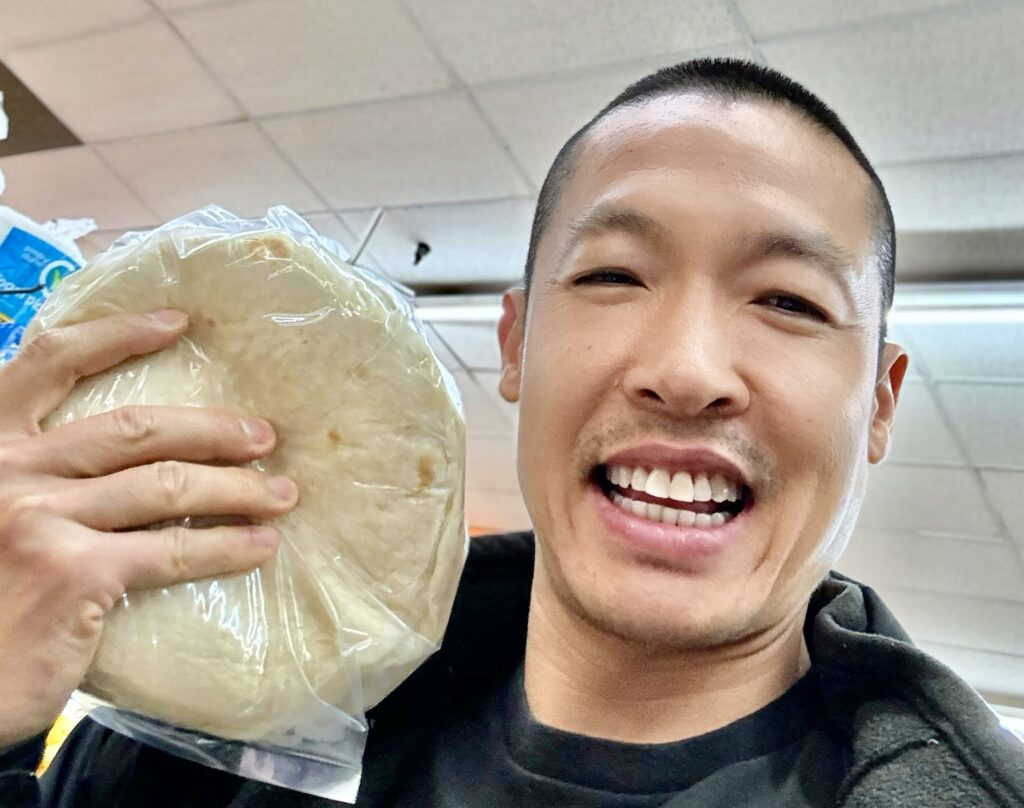
The essence of Di Tran’s story is fusion—a fusion that transcends the mere blending of culinary traditions. His innovative use of flatbread, reminiscent of his childhood in Vietnam, cutting it into noodle-like strips or wrapping it around thinly sliced cabbage, creates a delightful tapestry of tastes and textures. Yet, the fusion goes deeper, symbolizing the harmonious blend of different backgrounds and experiences that contribute to the vibrant tapestry of American society.
Louisville, known for its southern charm, has become a canvas for this beautiful convergence of cultures. Di Tran’s love for hot-off-the-oven flatbread, wrapped with Asian-style meats, creates a shared experience that resonates not just with him but with everyone who calls Louisville home. It’s a city where the warmth of its people, whether native-born or immigrant, creates an environment as nurturing and comforting as the food they share.

Through Di Tran’s eyes, Louisville’s beauty shines not just in its landscapes but in the faces of its people—caring, loving, and embracing diversity. The city’s spirit echoes his memories of a childhood in a mud hut where everyone was caring—proof that regardless of our origins, the human experience, at its core, is shared. Di Tran’s life and his food are testaments to the fact that fusion isn’t just about creating new flavors; it’s about crafting new communities, new connections, and a new understanding of what it means to be home.
PS: In a harmonious blend of compassion and beauty, Di Tran founded the Louisville Beauty Academy. Rooted in Kentucky and flourishing with two campuses, this state-licensed and accredited college has become a beacon of learning for a diverse community. It stands as a proud institution where Latino, Asian, and European immigrants, among others, receive not only education but a place to bloom. This academy celebrates the spirit of inclusivity and empowerment, embodying Di Tran’s dedication to providing opportunities for all, uniting the strands of God’s beauty in every individual’s dream.

